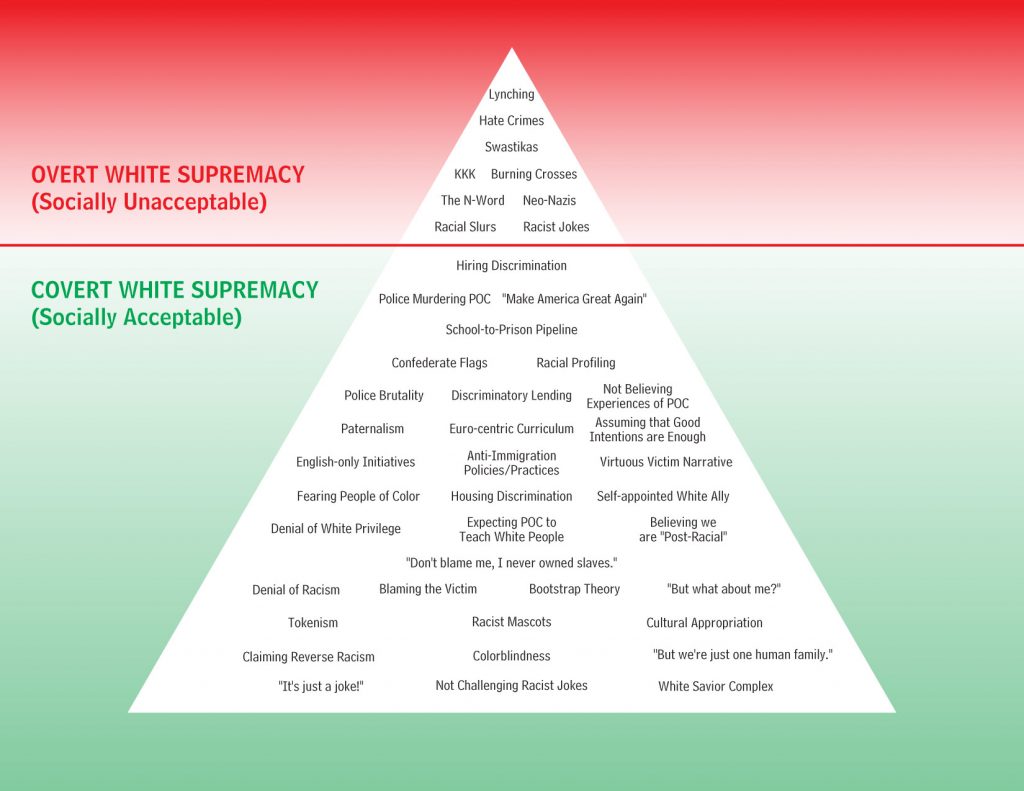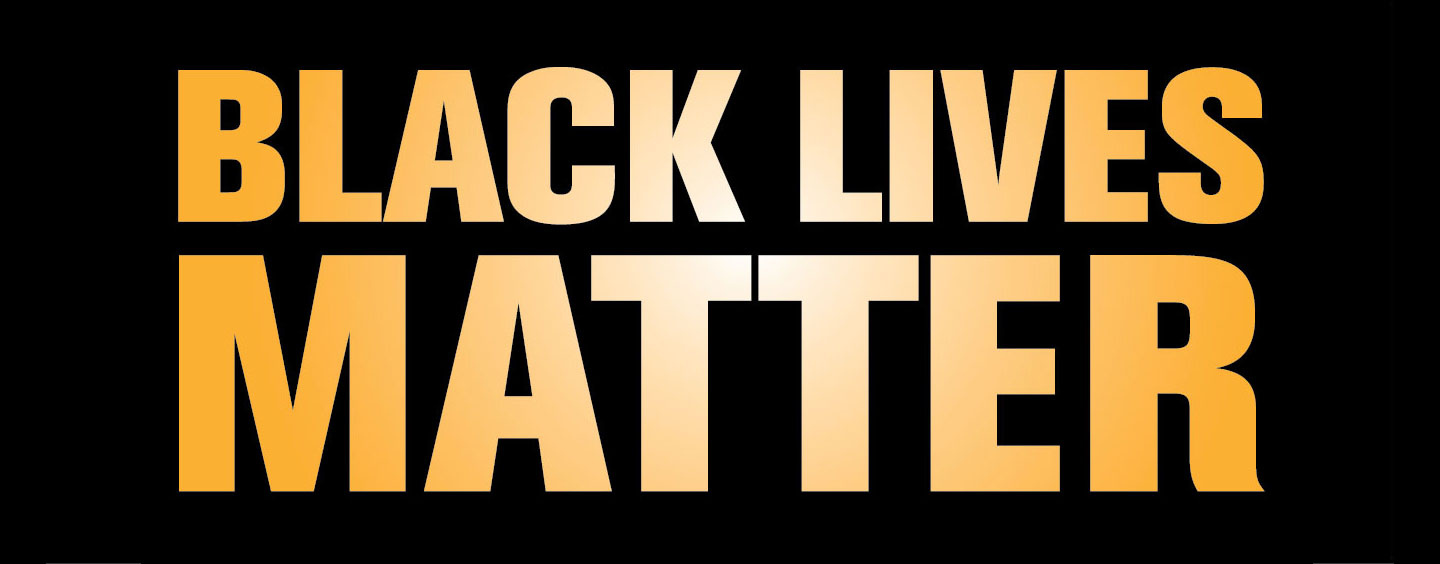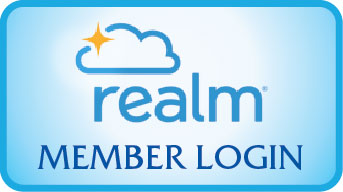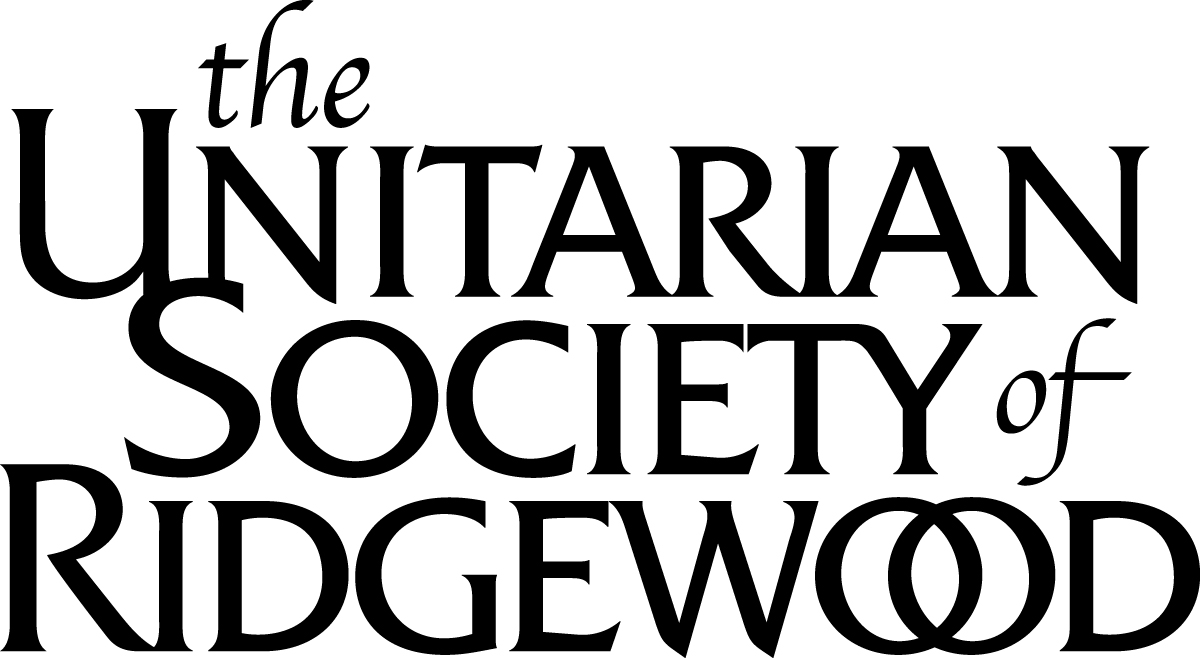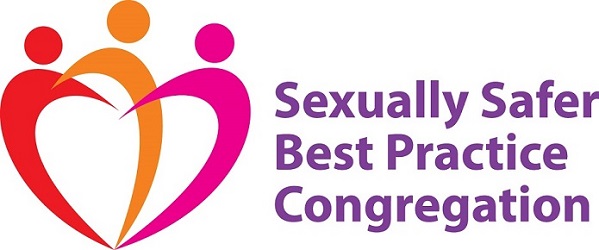Friends,
Last Sunday, we participated in the second White Supremacy Teach-In held by member congregations of the Unitarian Universalist Association. For more information on the call for teach-ins, please click here http://www.blacklivesuu.com/
On Sunday, we were exposed to many resources, and we engaged in exercises designed to help us understand privilege a bit better, and to think more deeply about our congregation and the ways it (and our larger denomination) participate in white supremacist culture. Before we got into the depths of the service, I asked you to come with open-hearts:
“Not everything you hear this morning will make you happy. You will be challenged. You will be uncomfortable. We will probably go over time. There might be words you’ve never heard or don’t fully understand. You will be asked to participate with each other in conversation. This won’t be a normal worship service. I’m asking you to have a little faith, a little patience. Trust that there is purpose in the discomfort. Trust that although you may view this space as a place to only find comfort and solace, it is also the work of religious community to hold you as you are challenged on hard things. As you are encouraged to be vulnerable. For this morning, think of this space as a place for growth, safe, held, loving growth. And think, for this morning, that you have absolutely nowhere else you need to be more than you need to be right here.
And this morning, I ask you, please: be open-hearted. Don’t let yourself get stuck in shame or guilt or discomfort or confusion, let these things lead you to growth and deeper understanding.
Also, I ask you, be affirmed in your own worth and dignity. Calling out the privilege of our denomination, of our congregation, of ourselves doesn’t render any of that, or any of us, less than worthy. It just means that we, like everyone else on earth, have growing still to do. And where better than here, among others who will not judge us and know, too, that there is work to do.”
And I shared some definitions.
- White Supremacy: “a set of institutional assumptions and practices, often operating unconsciously, that tend to benefit white people and exclude people of color”[1]
- Systemic racism: Not unlike white supremacy, this is referring not to individual acts of overt prejudice against people owing to their race, this is referring to entire system that props up oppression of some and privilege of others. It is something that is institutionally perpetuated across generations, making overcoming it incredibly challenging
- Intersectionality: “the interconnected nature of social categorizations such as race, class, and gender as they apply to a given individual or group, creating overlapping and interdependent systems of discrimination or disadvantage”[2]
- White privilege: the invisible, unconscious, often even unknown ways that being white in this country affords certain advantages. Even more than offering advantages, though, it has another side which is that those advantages come at someone else’ expense
The gathered congregation entered beautifully into this time of vulnerable self-reflection. We were grateful for that.
We shared four different inspirational readings last Sunday.
First came an excerpt from Audre Lorde’s work, “There is no Hierarchy of Oppressions” which, before the term was popular, explored the concept of intersectionality. To read the piece in full, click here http://www.pages.drexel.edu/~
Next we shared part of the well-known piece, “White Privilege: Unpacking the Invisible Knapsack.” In it, McIntosh moves from her women’s studies informed understanding of unconscious male privilege to an understanding of her own unconscious white privilege. For the full work, click here https://nationalseedproject.
In her work, Lorde models naming and exploring multiple identities. And in her work, McIntosh invites those of us with white privilege to consider the invisible ways it operates. To help deepen our collective understanding, we engaged in our first exercise, a modified version of the privilege walk. As we read out statements of privilege, we asked the congregation to give themselves a point for each statement that was true of them. We modified our exercise from this resource: https://peacelearner.org/2016/
These kinds of exercises are designed not to shame, but illuminate.
The question of privilege extends beyond our individual lives, though, and there are ways that we are collectively, as Unitarian Universalists, benefitting from, perpetuating, and exacerbating white supremacist culture in this country, despite our highest ideals that call us to something more welcoming, more embracing, more radical.
We read part of DeReau Farrar’s piece, “Moving Beyond ‘Whites Only’ Theology” from the UU World in June 2017. Farrar speaks eloquently to the way our treatment of God in Unitarian Universalist congregations can be off-putting for some. To read the full article, click here: https://www.uuworld.org/
And then finally, we shared Rev. Darrick Jackson’s work piece, “Othering and Belonging” from September 2017 in which he explores the challenges of being a black minister in a predominantly and historically white denomination. For Rev. Jackson’s piece, click here: https://www.uuworld.org/
We then took some time to think about how we, as UUs in Ridgewood New Jersey might or might not perpetuate the culture of unwelcome, or the white Protestant system.
None of these conversations are ever easy. It is a challenge to explore our own prejudice, our place in a system of institutionalized oppression, and the notion of adjusting things within our beloved faith and congregations. But these are also necessary conversations if we want to live the truest and highest of our values and aspirations.
In the middle of the service, we played a video of Dr. Glen Thomas Rideout leading a gathered community (at GA in 2016) in the song, “I Need you to Survive” by Hezekiah Walker. We’re uploading the excerpt here:
The message of inclusion and grace is powerful indeed, and the words themselves lift up two intrinsic truths in Unitarian Universalist. First, that we need each other in order to survive. None of us can do this alone. And also that we need others to survive. We need the bravery and compassion and stories and LIVES of others. It is not enough that we look out for ourselves and our own interests, we need each other in order to survive, and we need others to survive, to persevere, to live.
We invite you to continue your education on these issues, to explore other works by Black Unitarian Universalists on issues of our denomination and race, as well as to explore more deeply theories on oppression, intersectionality and our current world. Feel free to join the conversation on Facebook and share things you’ve learned, or to reach out with questions or comments.
[1]http://www.blacklivesuu.
[2] https://www.google.com/search?
In the spirit of this much-needed discussion in our country about racism and white supremacy, we offer here a diagram (based on an original graphic created by Ellen Tuzzolo) used during our first Teach-in on White Supremacy held at USR on May 7th. The diagram attempts to illustrate and group examples of Overt White Supremacy (Socially Unacceptable) and Covert White Supremacy (Socially Acceptable).

